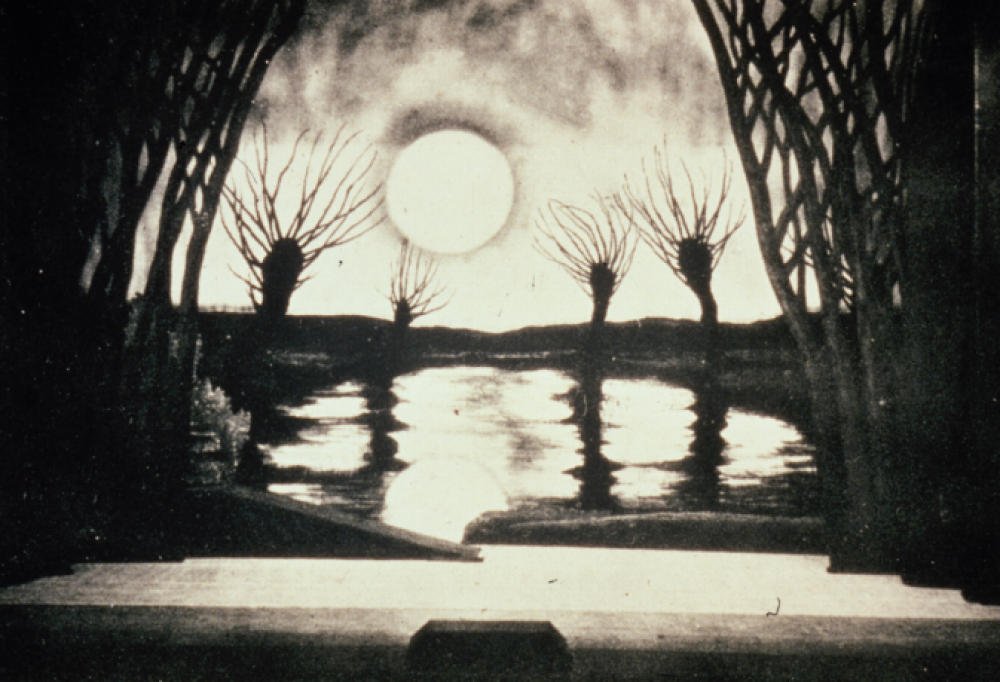Festina Lente: Three Pieces Which Alter Our Perception of Speed and Time
“Festina lente” is a classical adage which translates as, “Make haste slowly.” Estonian composer Arvo Pärt (b. 1935) chose this contradictory proverb as the title of a hauntingly mystical 1988 composition for strings and harp. Pärt’s Festina Lente has been described as a musical hologram in which the whole is contained in each part. The piece is made up of a single melodic line which is heard at varying rates of speed. Long, sustained tones in the basses …







